When it comes to powering your tools, having the right batteries is crucial for optimum performance and longevity. The market offers a plethora of options, making it daunting to select the ideal power tool batteries. Understanding the key factors and nuances will enable you to make an informed decision, ensuring your tools run efficiently without any compromise.
While voltage isn't the sole determinant of performance, generally, higher voltage indicates greater power in equipment. If your focus lies on price and portability, particularly for light household tasks, consider cost-effective low-voltage tools. For assembling flatpack furniture, a small, lightweight 4V cordless screwdriver works well, while a 12V rotary tool suits engraving and precision sanding or sharpening tasks.
In the realm of voltage, the 18V battery platform stands as the most popular choice for DIY work. Tool manufacturers prioritize compatibility, creating diverse products that work with a single battery type. This means you won't need to purchase a new battery and charger for every cordless tool from the same manufacturer and battery type, offering a significant advantage.
Lithium ion batteries are among the most prevalent choices due to their high energy density, longer lifespan, and lightweight design. They offer consistent power output throughout their charge cycle and have minimal self-discharge, making them suitable for intermittent usage.
Nickel Metal Hydride (NiMH) batteries are cost-effective and environmentally friendly alternatives. While they may have a lower energy density compared to lithium-ion, they're relatively cheaper and exhibit less sensitivity to high temperatures.
Nickel Cadmium (NiCd) batteries, once a popular choice, are gradually being replaced by more advanced options due to their lower capacity, higher toxicity, and the memory effect, where they lose capacity if not fully discharged before recharging.
Power Tool Battery Dewalt 18V/20V Li-ion
Lithium-ion batteries (Li-Ion) are the newest technology in rechargeable batteries to be introduced to cordless power tools. They are definitely the best choice of the three types of batteries, outperforming in all areas, but they are also expensive.
power tools and the cornerstone of most platforms is the lithium-ion rechargeable battery, often shortened to Li-Ion. The capacity of a battery is described in terms of ampere hours (abbreviated 'Ah'), which means the length of time in hours it can supply a steady current of one ampere (1A).
In practice, the current drawn by your power tool may vary based on its workload. However, the rating still serves as a reliable indicator of battery lifespan. For instance, a tool like a line trimmer, which consistently draws a certain amount of current, will take twice as much time to deplete a 4.0Ah battery compared to a 2.0Ah battery.
Is it safe to keep power tool batteries on the charger? Generally, lithium-ion battery chargers come equipped with an automatic shut-off feature that stops charging once the battery reaches full capacity. This prevents overheating or damage to the battery. However, a potential concern—especially in terms of cost—is the continuous energy consumption by chargers, which often draw power even after completing the charging process.
To maximize the lifespan of your batteries, proper storage is crucial. Heat is the primary adversary of lithium-ion batteries, so ensure your power tool batteries are stored in a cool and dry environment.
While you might be adept at handling electronics, replacing battery cells in power tools isn't recommended. Instead, opt for a compatible replacement battery that suits your range of tools.
Selecting the right power tool batteries is crucial for performance and durability. Understanding voltage, battery types, and maintenance ensures efficient tool use. Consider factors like voltage for task suitability and choose lithium-ion batteries for longevity. Proper storage and avoiding DIY cell replacement maximize battery lifespan.

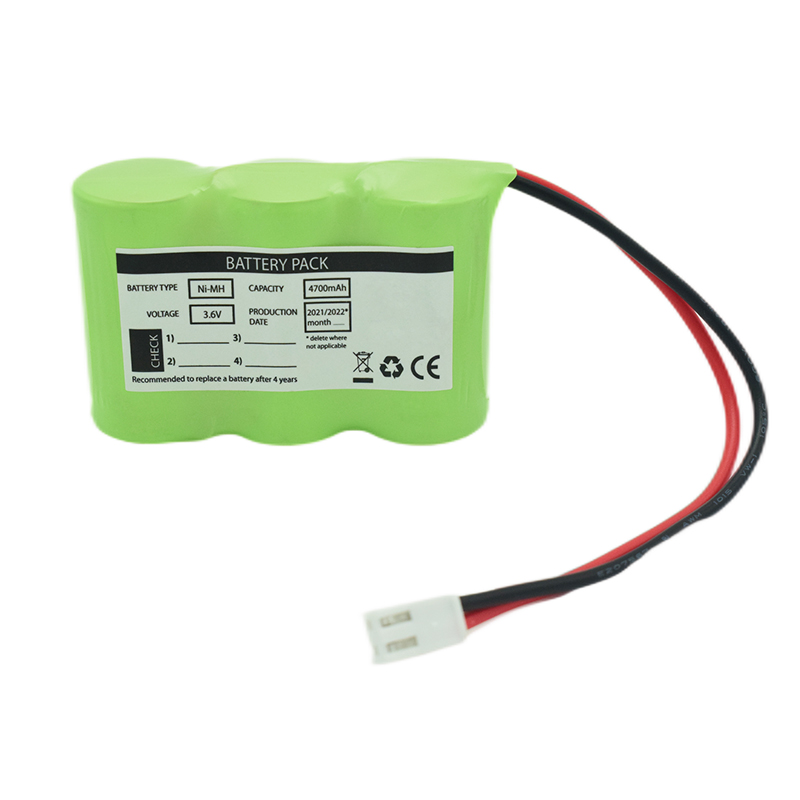 Ni-MH Battery C4700mAh 3.6V
Ni-MH Battery C4700mAh 3.6V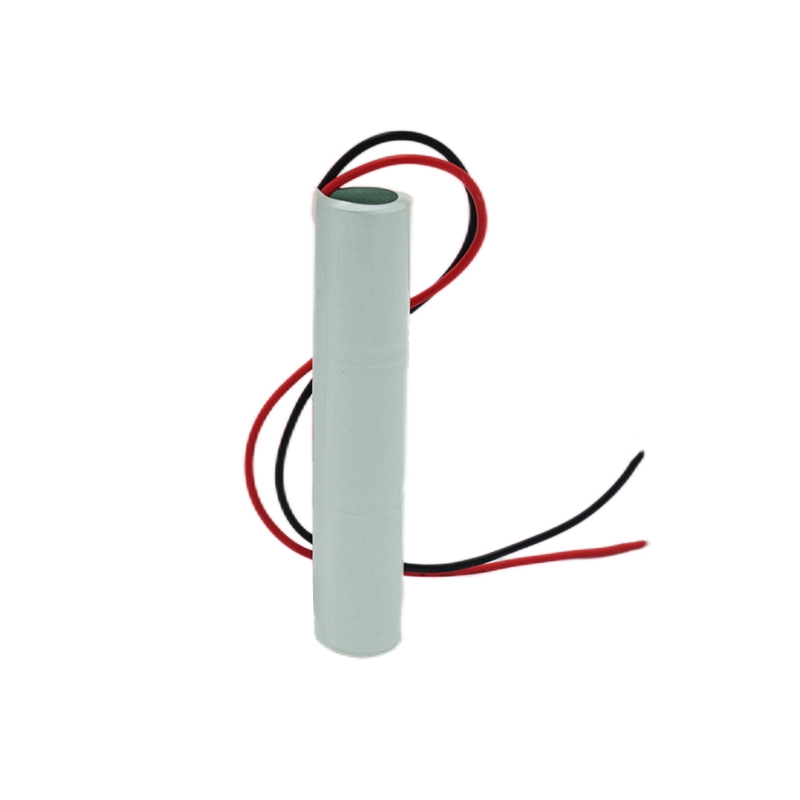 Nickel Cadmium Nicd Battery Pack SC1800mAh 3.6V
Nickel Cadmium Nicd Battery Pack SC1800mAh 3.6V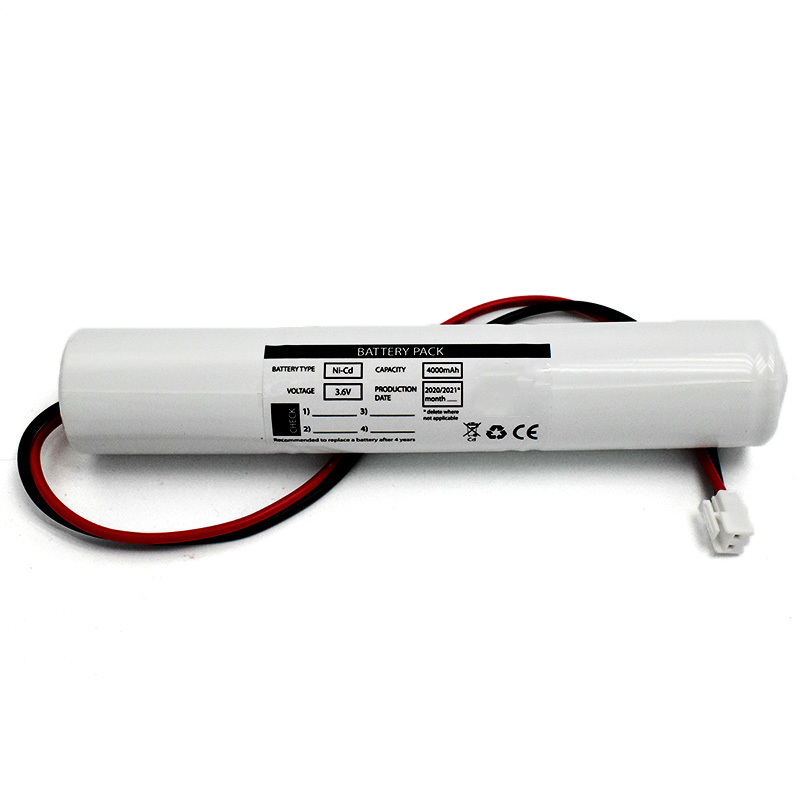 Ni-Cd Battery Pack D4000mAh 3.6V
Ni-Cd Battery Pack D4000mAh 3.6V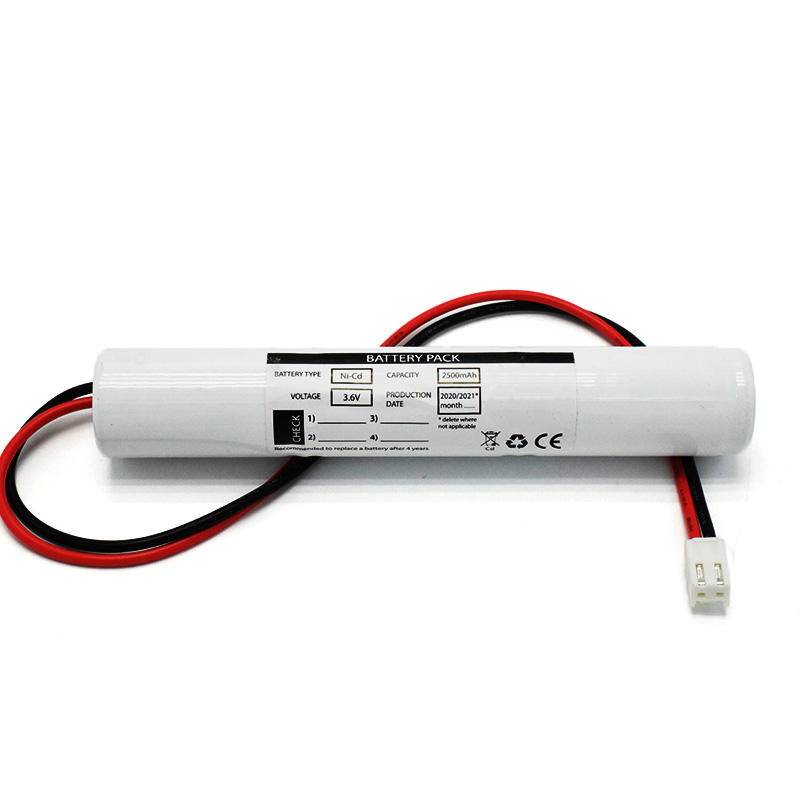 Ni-Cd Battery Pack C2500mAh 3.6V
Ni-Cd Battery Pack C2500mAh 3.6V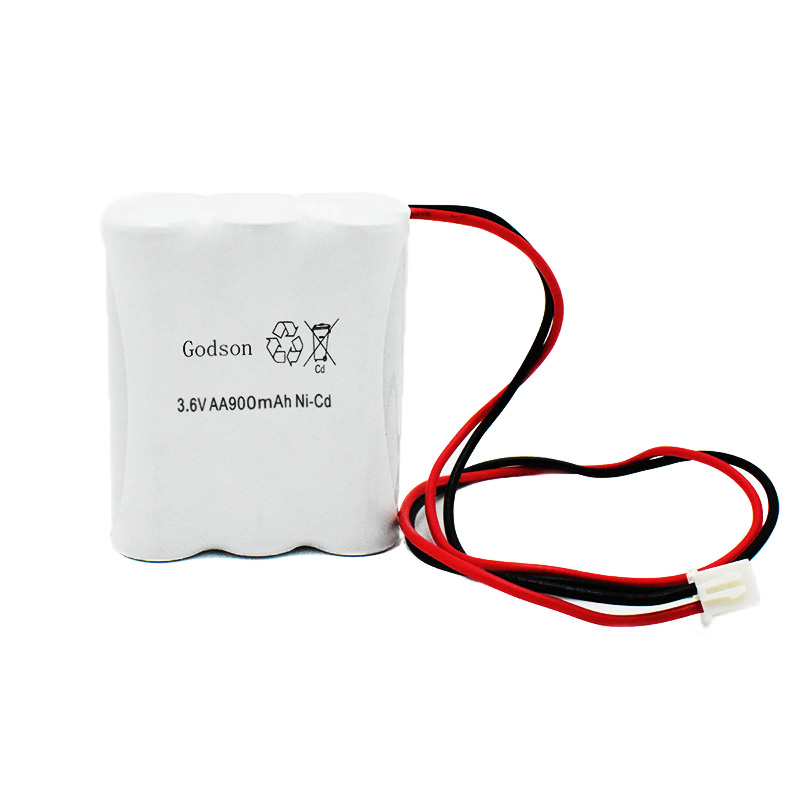 NICAD Battery Pack AA900mAh 3.6V
NICAD Battery Pack AA900mAh 3.6V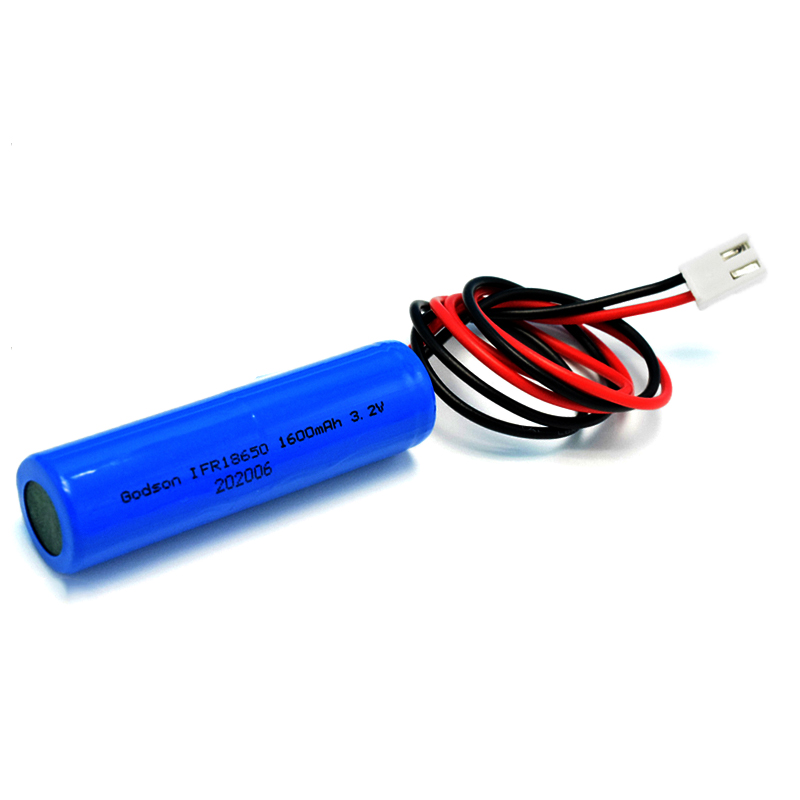 LiFePO4 IFR18650 1600mAh 3.2V
LiFePO4 IFR18650 1600mAh 3.2V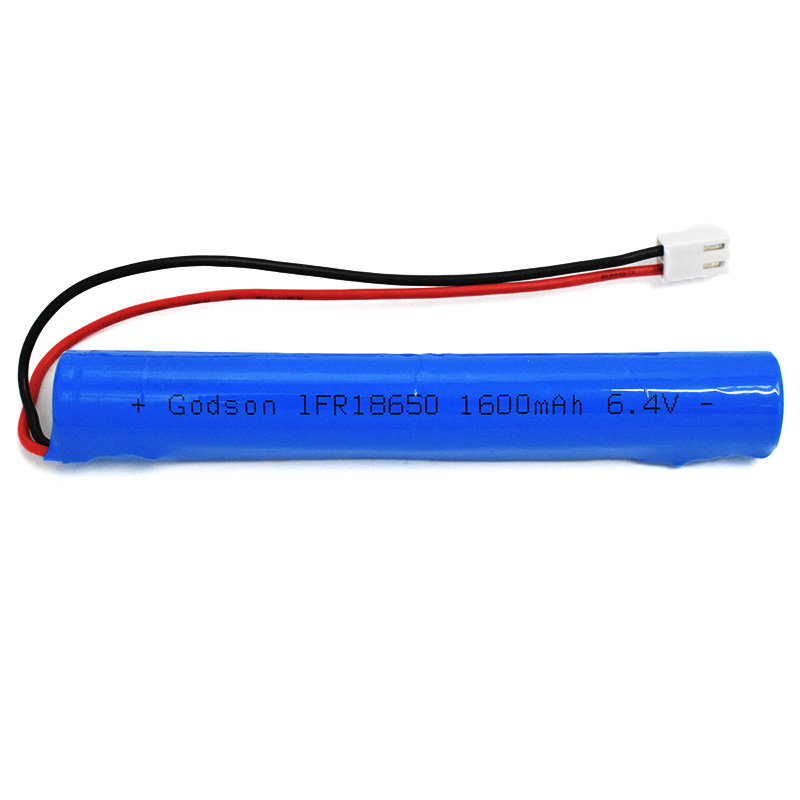 LiFePO4 IFR18650 1600mAh 6.4V
LiFePO4 IFR18650 1600mAh 6.4V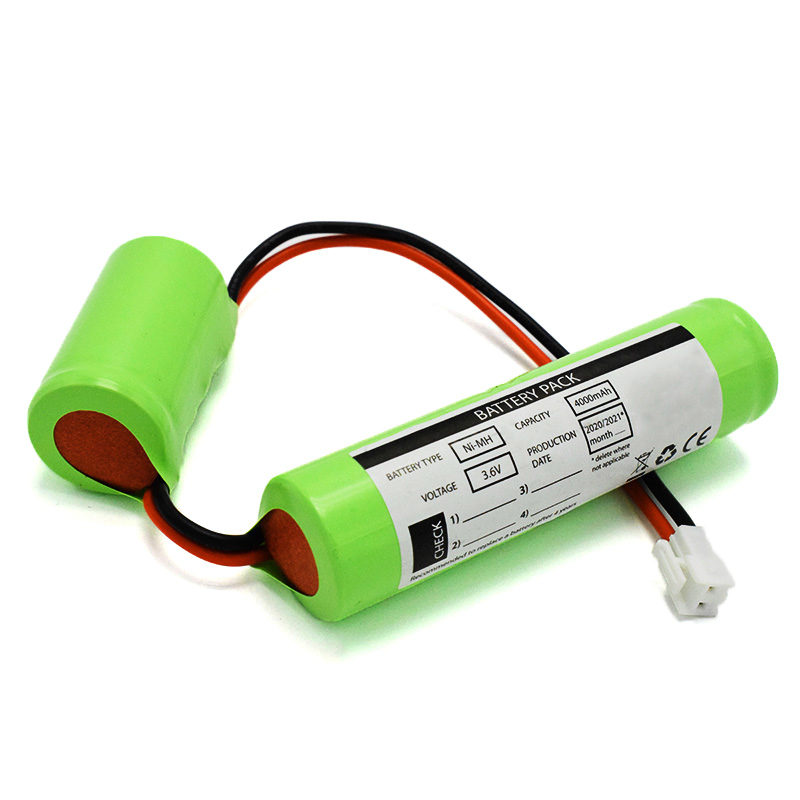 Ni-MH Battery C4000mAh 3.6V
Ni-MH Battery C4000mAh 3.6V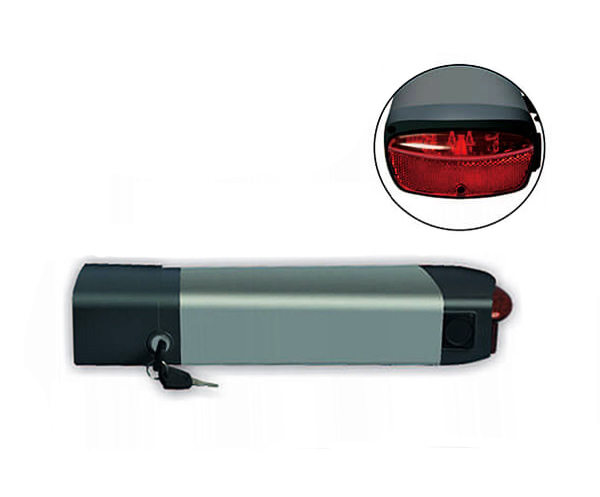 E-bike Battery 48V 10Ah JL-1
E-bike Battery 48V 10Ah JL-1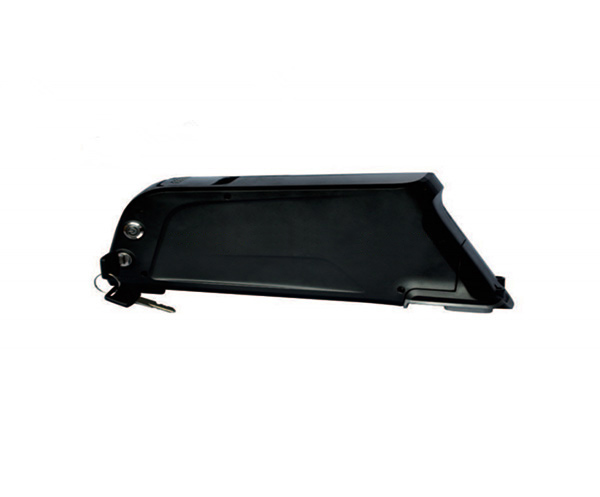 E-bike battery 48V 10Ah Qing Tian
E-bike battery 48V 10Ah Qing Tian